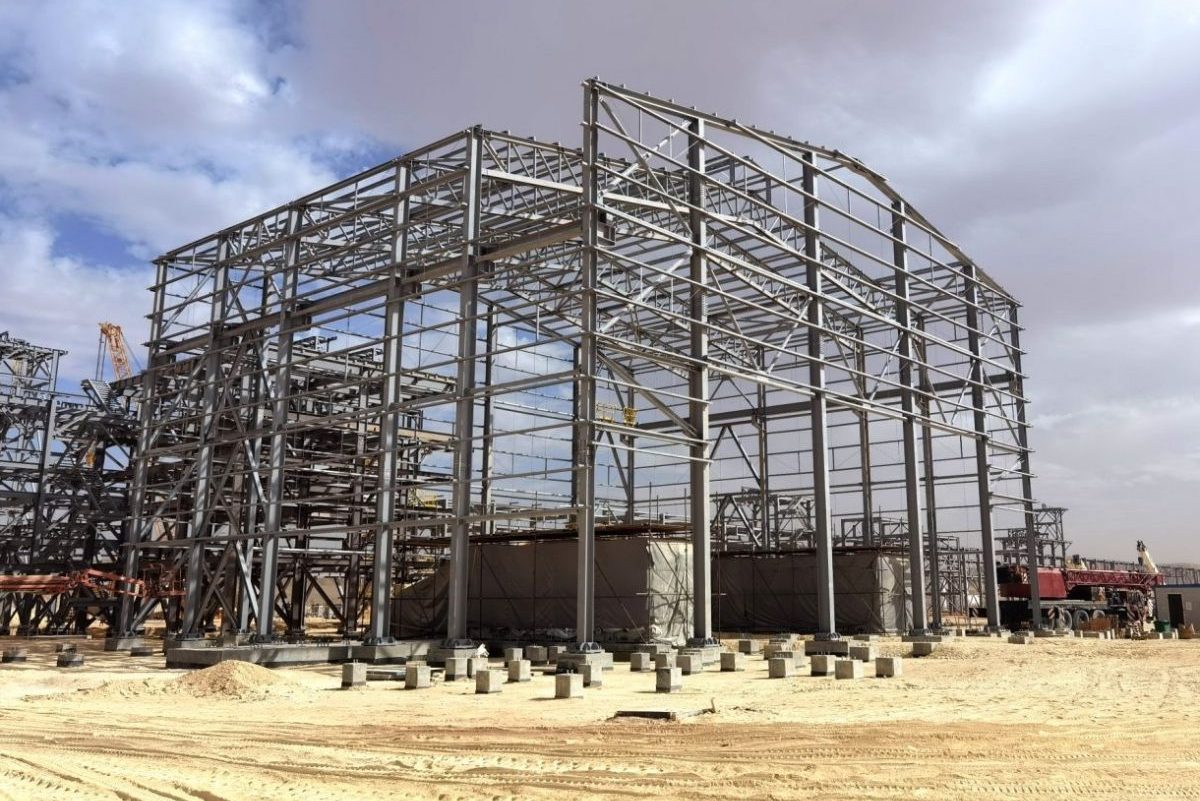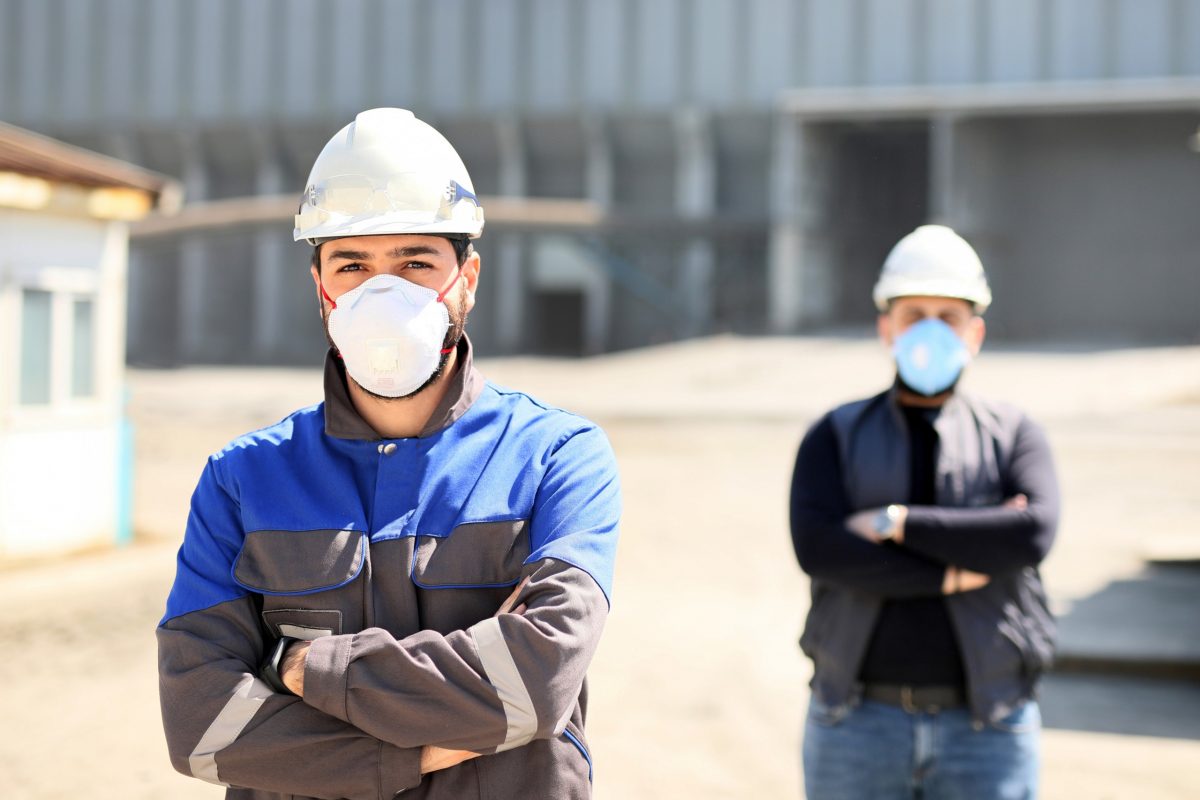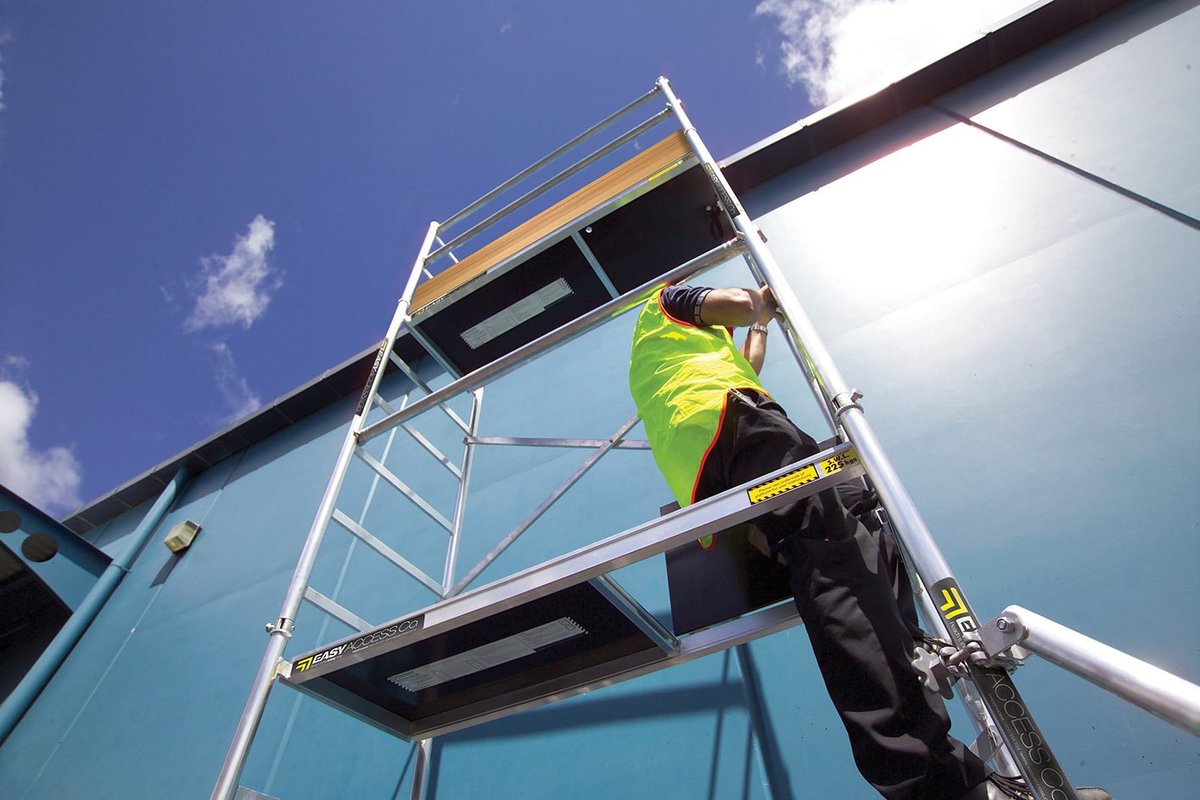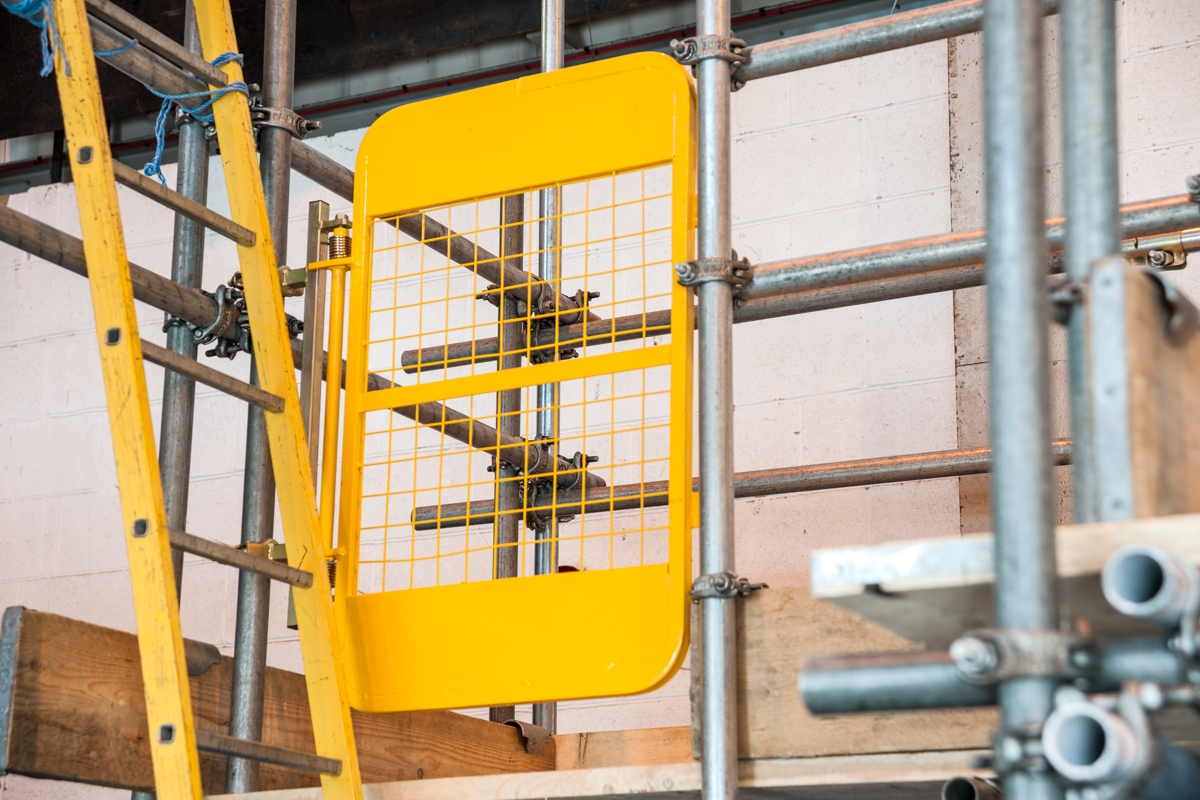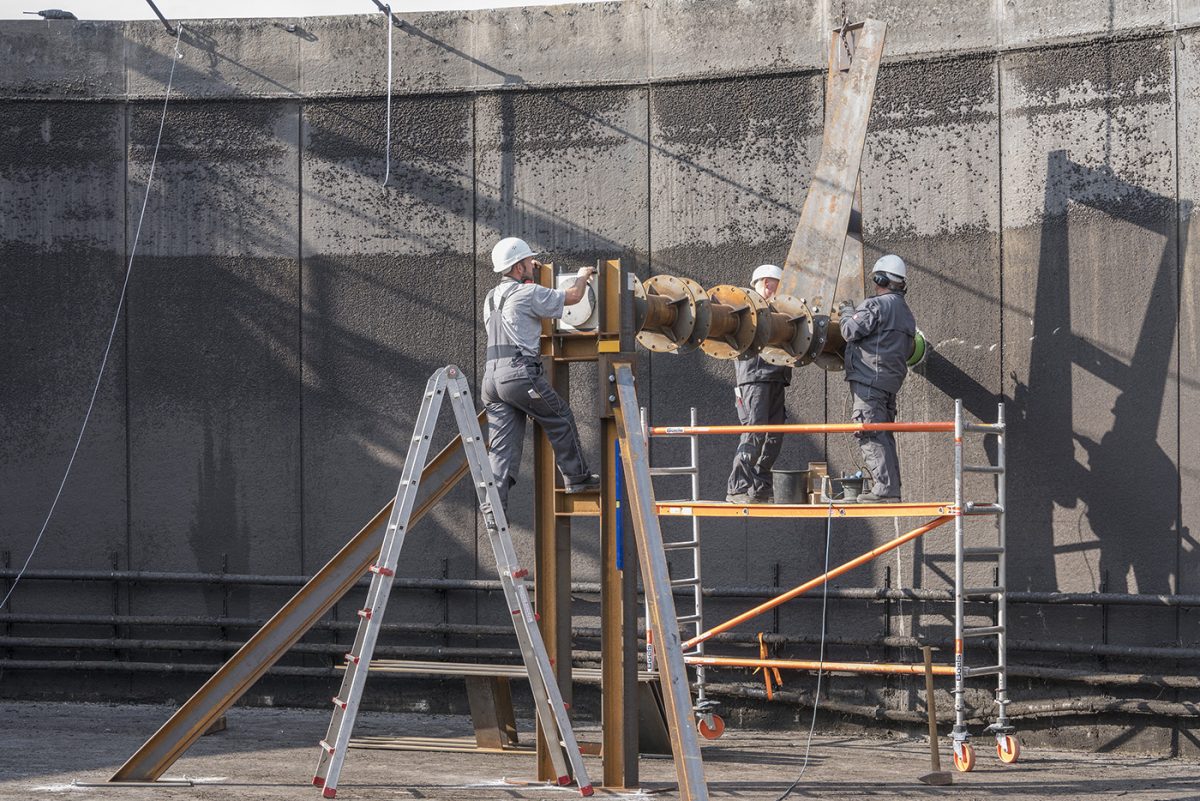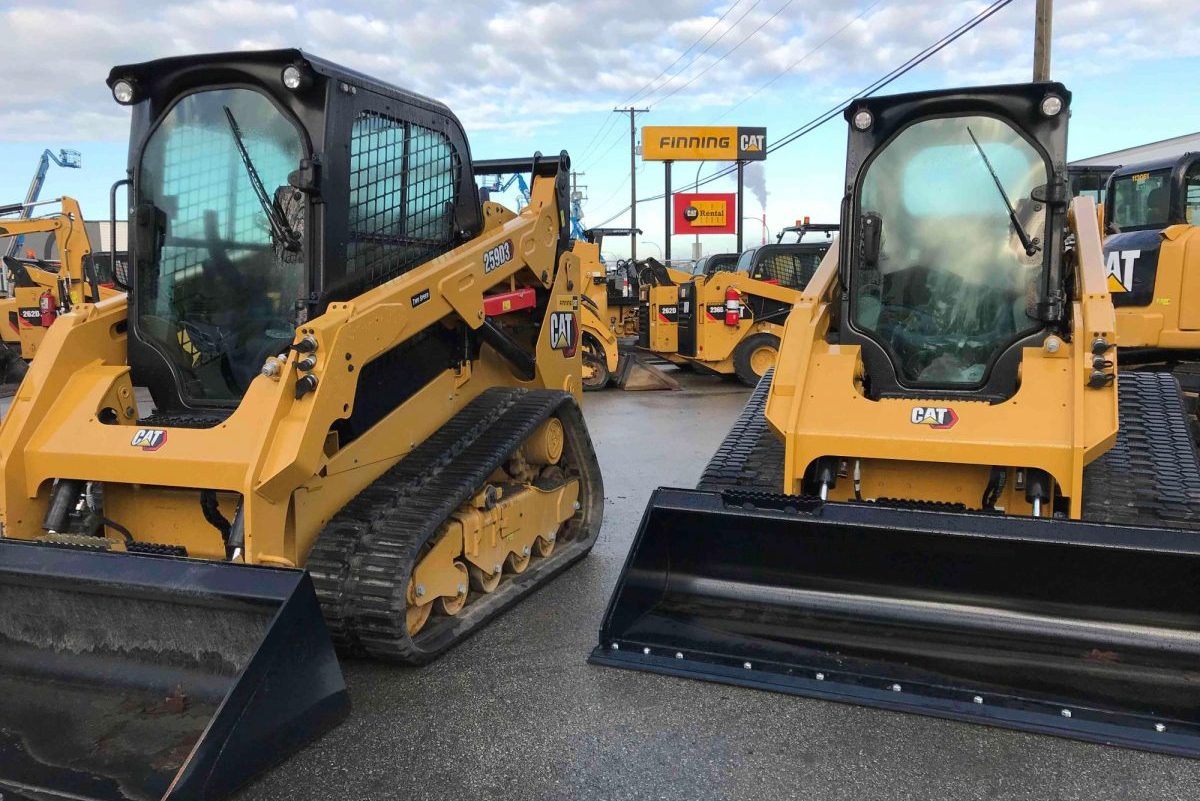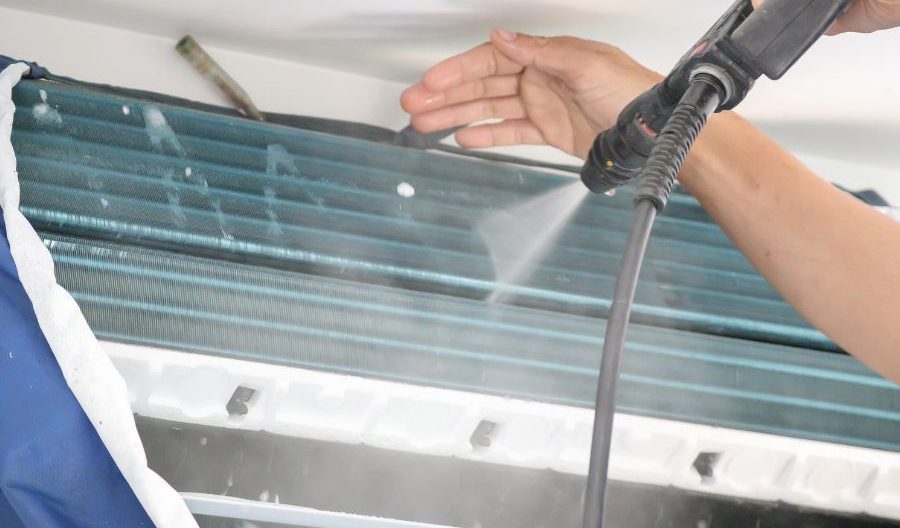In the world of construction, it is crucial to look for a business that you can trust. Luckily for you, there is no need to look any further as we are here to deliver affordable, safe, reliable, and timely services to our clients.
With our experience in the industry, you can rest easy no matter where in Canada you might be. Our construction equipment rental company is here to provide Canadian contractors with everything they need for a job.
Not only do we offer rental of aerial, compact, and heavy …
Our Online Courses
A Guide to Duct Cleaning Machine Rental
If you are the type that loves maintaining your ducts, you sure can’t stand it being filled with dust and grime. Ready to get them squeaky clean again? You could hire an expensive duct cleaning service to do the dirty work. But considering the cleaning cost, you can save some money and rent air duct cleaning equipment to do it yourself. It’s not as complicated as you might think. And you don’t have to purchase any equipment!
This guide will walk you through everything you need to know to rent equipment and get your ducts spotless. By the time you’re done reading, you’ll be a pro at …
Vaping Technology’s Most Recent Advancements
Product makers and industry executives have strived to improve the vaping experience since the inception of the business. Since then, more individuals have resorted to vaping as a safer option than cigarettes, not only because it is safer but also because of the cutting-edge technologies available.
Of course, the vaping market today looks nothing like it did when it first began. With advancements like Bluetooth, voice control, and stronger batteries, contemporary vaping technology today offers the best vaping situations.
Here are some of the latest developments in vaping technology that is altering the game.
Top 5 Latest Innovations in Vaping …
First Aid Awareness Online Course
In this comprehensive online course, participants will learn everything they need to know about appropriately responding to medical emergencies and injuries while on the job site.
This First Aid Awareness program has been designed with course modules that offer detailed demonstrations and instructions on correctly administering first aid.
This course can be taken by interested individuals, regardless of whether or not the participant had previous first aid training. The class will take around 60 minutes to complete.
Course Topics
Scene assessment
Primary survey
Signs, symptoms of a heart attack
Angina
Choking
First aid for angina and heart attacks
…
Online Workplace Hazardous Materials Information System Course
This is an online course whose goal is the prevention of deaths, diseases, and injuries in the workplace. It implements a Globally Harmonized System of Classification and Labelling of Chemicals.
Here, participants will learn about the different hazardous products, protection methods, and courses of action to take if untoward incidents occur on the job site. On average, the course can be completed within two hours.
Course Topics
Health and physical hazards
Preventive health and safety measures
Personal protective equipment
Hazard classifications
Symbols and pictograms
Safety and hazard information
Information in safety data sheets
Training and …


